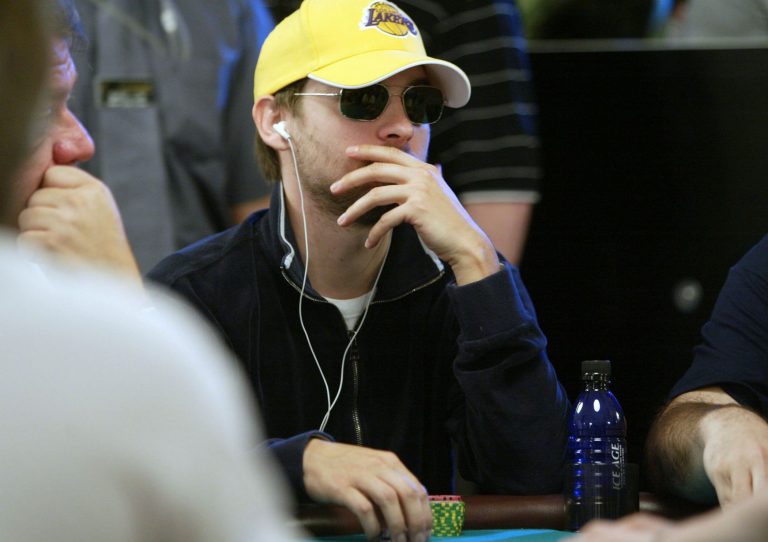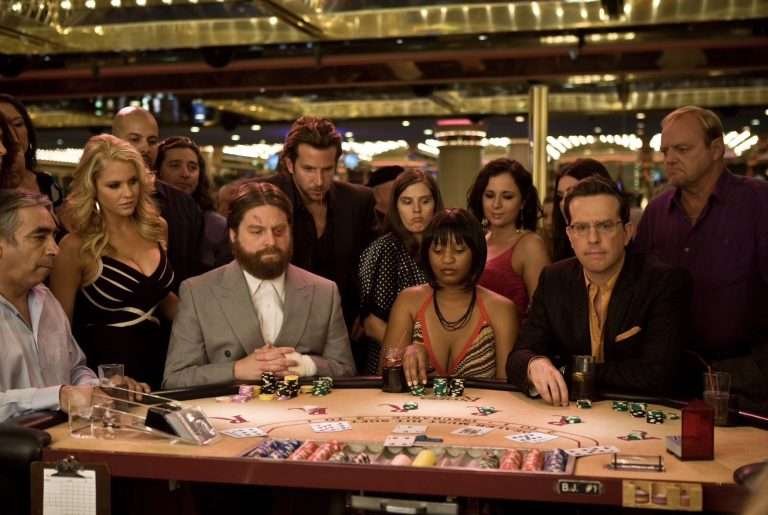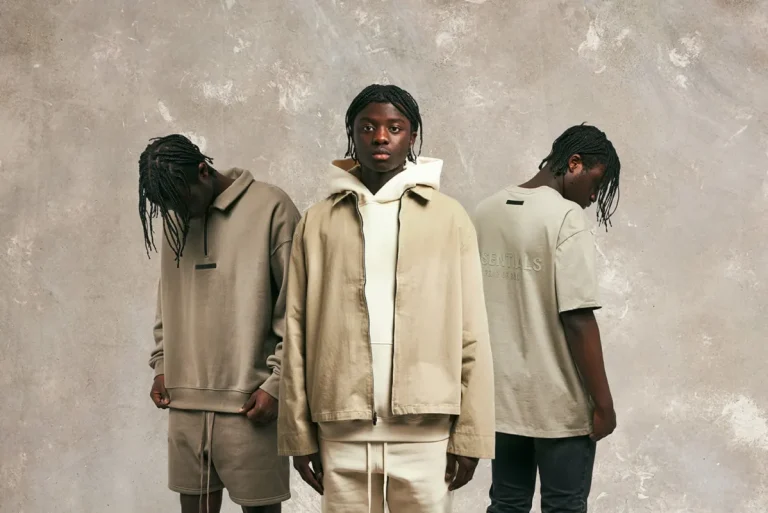It’s been 25 years since David Fincher’s Fight Club graced the silver screen, transfixing audiences with one of the most infamous and literally explorative finales of all time. Adapted from Chuck Palahniuk’s 1996 novel of the same name, the film weaves together a complex and thrilling human story with social commentary, delving into the toxic nature of modern society and prompting serious analysis.
Arguably one of the most iconic movie classics, even till this day, Fight Club is still a masterpiece that many fail to understand and properly interpret. Despite being released well over two decades ago, this film still maintains relevance in 2024. There’s even an online casino with its namesake, and you can read an unbiased review written by gambling experts from NoDepositTracker to find out whether it’s worth registering.
Mixed Messages
While it achieved only lukewarm success at the box office, earning just $100 million worldwide from a $63 million budget, Fight Club found its audience swiftly, courtesy of the burgeoning DVD market. Its success on DVD was attributed to having one of the best DVD releases of all time, featuring special features and a message that resonated strongly with audiences. However, over the years, this message has been subject to misinterpretation, potentially stemming from David Fincher’s intention to make Tyler Durden (Brad Pitt) so captivating that some viewers overlooked the broader themes the movie aimed to convey.
The Plot
The story is told through the lens of its unnamed protagonist, an insomniac man who forms a friendship with a charismatic soap salesman named Tyler Durden, embodying everything the narrator wishes to be. As their bond deepens, the Narrator and Tyler decide to cohabit and establish Fight Club. Drawing in other men disillusioned with mundane lives, the club evolves into a more intense and extreme situation as the story progresses. Anarchy ensues following the establishment of the titular club, with the narrator finally realizing that Tyler Durden is a figment of his imagination.
Anti-Consumerism
The Starbucks cups in Fight Club symbolize one of the film’s most apparent themes: anti-consumerism and its discord with modern society. This theme takes center stage in the movie’s narrative, with several of Tyler’s monologues explicitly addressing this issue. However, it serves as a facade for the deeper-rooted issues of the Narrator, where Tyler employs it as a diversion to divert attention from his own mental state. The subliminal imagery preceding Tyler’s introduction suggests that consumerism plays a role in the Narrator crafting the Tyler Durden persona. Nevertheless, the interplay between the two characters hints at something more profound.
Toxic Masculinity
The Narrator’s formation of Tyler symbolizes his internal battle with masculinity. While observing Fight Club, Tyler embodies the traits the Narrator desires, appearing unrestrained and free of inhibitions—an aspect the Narrator grapples with even after Tyler’s introduction. This struggle is evident in the mindless violence and eventual terrorism that Tyler incites, a phenomenon the Narrator opposes. Tyler epitomizes toxic masculinity, posing as a substitute for genuine therapy, as reflected in his treatment of Marla and the physical manifestation he presents to the Narrator.
Final Thoughts
Fight Club doesn’t present solutions to the world’s challenges; rather, it offers a critique. It’s not a celebration of aimless men but an exploration of how the modern world has commodified everything to the extent that toxic masculinity becomes a marketable brand. Over time, this assessment has become eerily confirmed, particularly with groups like incels directing their anger towards a perceived global indebtedness, all the while failing to introspect on their own harmful behavior.
Tyler’s mantra, “It’s only after we’ve lost everything that we’re free to do anything,” may sound alluring, but it advocates for freedom at the expense of self-indulgence rather than responsibility toward others. This is why the narrator’s journey is impactful; he rejects this self-centered mindset to embrace openness with Marla. Unlike Tyler Durden, who never offers emotional connection, providing only the illusion of it after a physical beating, the narrator seeks genuine connection and rejects a shallow and selfish sensibility.






